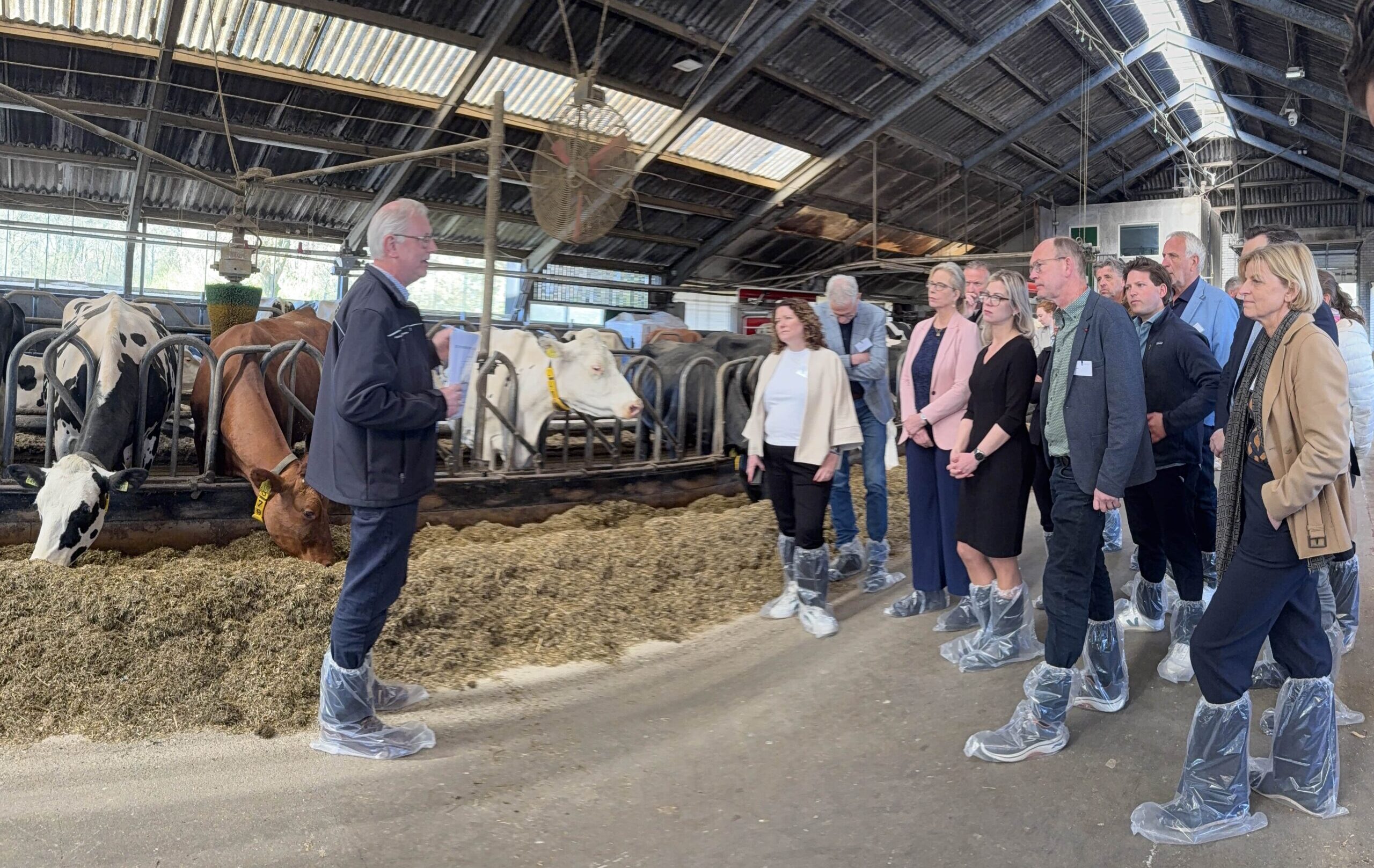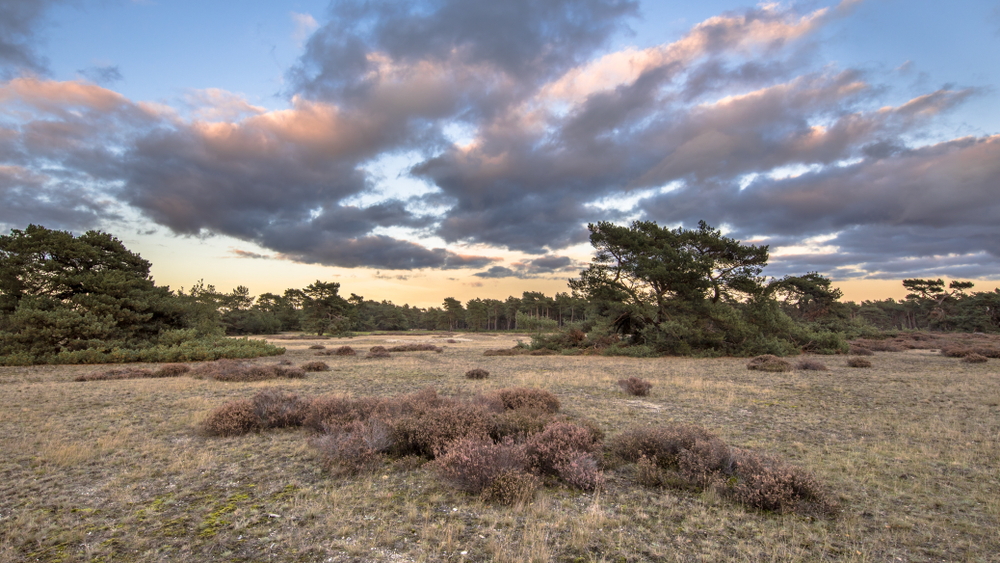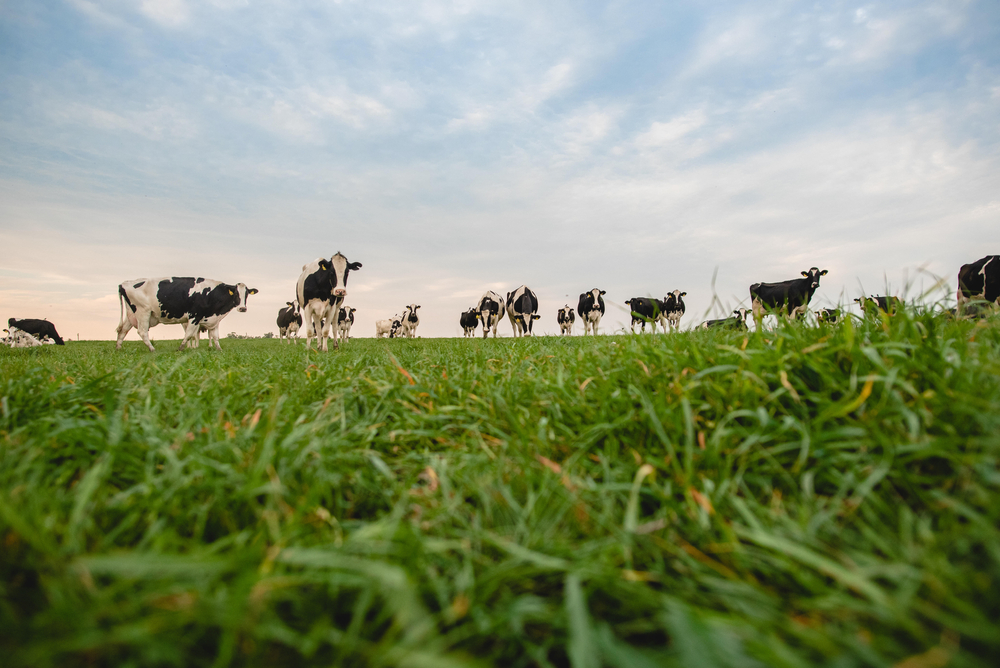All eyes within the Law group are on The Hague today, where two major “green” lawsuits are taking place: the CO2 case against Shell and Greenpeace’s nitrogen suit against the Dutch state. Both cases may have a global impact.
The session in which the court is to rule on the appeal in the Shell case starts early on Tuesday morning. In short, environmental protection group Milieudefensie and its co-plaintiffs aim to force Shell to significantly reduce its CO2 emissions by 2030 through a legal ruling. The reduction is needed to meet the targets set in the Paris Agreement. Update: The court ruled against Milieudefensie.
In 2021, the court ruled in favour of Milieudefensie and forced Shell to reduce its CO2 emissions by 45 per cent (from 2019) by 2030. The ruling caught global attention, not in the least, because it could impact Shell customers across the globe. ‘The judge ruled that the 45 per cent target includes not just Shell’s own emissions, but also those pertaining to its customers’, assistant professor Chiara Macchi, a climate justice expert, states.
The weighing of climate science is super relevant for us as Wageningen’s Law Group
Shell appealed, and the court will rule on the issue this Tuesday. Macchi is, naturally, curious to learn the underpinning motivation. ‘I feel the court had already legally substantiated why large corporates such as Shell are obligated to include global climate goals in their business activities. I think the judge will support that ruling. I am more excited to hear the court’s ruling on how this 45 per cent is determined. The calculation is rather firmly founded on relatively new climate science insights. The weighing of climate science is super relevant for us as Wageningen’s Law Group.’
Nitrogen case against the State
The other controversial “green” court case starts a little later this morning: that of Greenpeace and several co-plaintiffs against the State on the determination that by the end of 2025, 40 per cent of nature in the Netherlands may no longer be burdened by nitrogen.
Edwin Alblas, an assistant professor of environmental law, compares the case with the controversial Urgenda case. ‘There, the Supreme Court ruled that the Dutch government should cut back greenhouse gas emissions by at least 25% before the end of 2020. It was the first instance in which a government was forced to implement a stricter climate policy by the judge’, he clarifies. Critics felt that the judge had taken on a political role, while others celebrated the ruling as a victory for the constitutional state: even the government must abide by the law.
The nitrogen case shows parallels. Although the state has set the nitrogen reduction goals in legislation, governments have failed to come anywhere near these targets and have taken barely any measures. That includes Wiersma. She has announced she favours goal-steering, but her plan to this end is not expected before December.
The first session on this case. Alblas does not expect a ruling before the spring. ‘Which will probably lead to an appeal and, possibly, cassation before the Supreme Court.’ There, too, are similarities with the Urgenda case, which spanned several years from the court ruling in 2015, the appeal in 2018, and the Supreme Court ruling in 2019. There is a livestream of the nitrogen case against the State.

 Photo Shutterstock
Photo Shutterstock 

